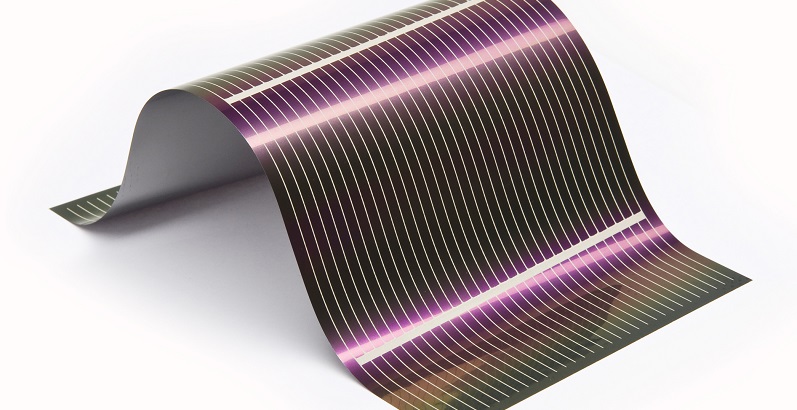Thin film solar cells have various applications due to their flexibility, lightweight nature, and potential for cost-effectiveness. While they may not be as efficient as traditional silicon solar cells, thin film technologies offer advantages in terms of versatility and ease of integration. Here are some common applications:
- Building-Integrated Photovoltaics (BIPV): Thin film solar cells can be integrated directly into building materials such as windows, facades, or roofing materials. This allows for the creation of solar panels that serve a dual purpose of generating electricity while also functioning as architectural elements.
- Portable Electronics: The lightweight and flexible nature of thin film solar cells make them suitable for use in portable electronics. They can be integrated into the surfaces of electronic devices like smartphones, e-readers, or wearable gadgets to provide supplementary power.
- Consumer Goods: Thin film solar cells can be integrated into various consumer goods, such as backpacks, clothing, and outdoor gear. These applications allow for the generation of power on the go, especially in outdoor or off-grid scenarios.
- Remote Power Generation: Thin film solar cells are well-suited for remote power applications where traditional power sources may be impractical. Examples include powering communication equipment, weather stations, or surveillance devices in isolated locations.
- Off-Grid Applications: Thin film solar cells are suitable for off-grid installations, such as in rural areas where traditional power infrastructure is lacking. They can power small-scale electrical systems for lighting, water pumping, or charging batteries.
- Transportation: Thin film solar cells can be integrated into the surfaces of vehicles, including cars, buses, and even bicycles, to provide supplemental power for on-board systems, such as lighting, air conditioning, or electronic components.
- Military Applications: The lightweight and flexible characteristics of thin film solar cells make them applicable in military settings. They can be integrated into lightweight and portable power solutions for soldiers in the field or for remote surveillance equipment.
- Space Applications: Thin film solar cells are used in space applications due to their lightweight design and efficiency in converting sunlight into electricity. They are commonly employed in satellites and other space missions.
- Agricultural Applications: Thin film solar cells can be used in agriculture for powering irrigation systems, sensors, or other electronic devices on farms.
It’s important to note that while thin film solar cells offer advantages in certain applications, their efficiency is generally lower compared to traditional silicon-based solar cells. The choice of solar technology depends on the specific requirements and constraints of the intended application.


